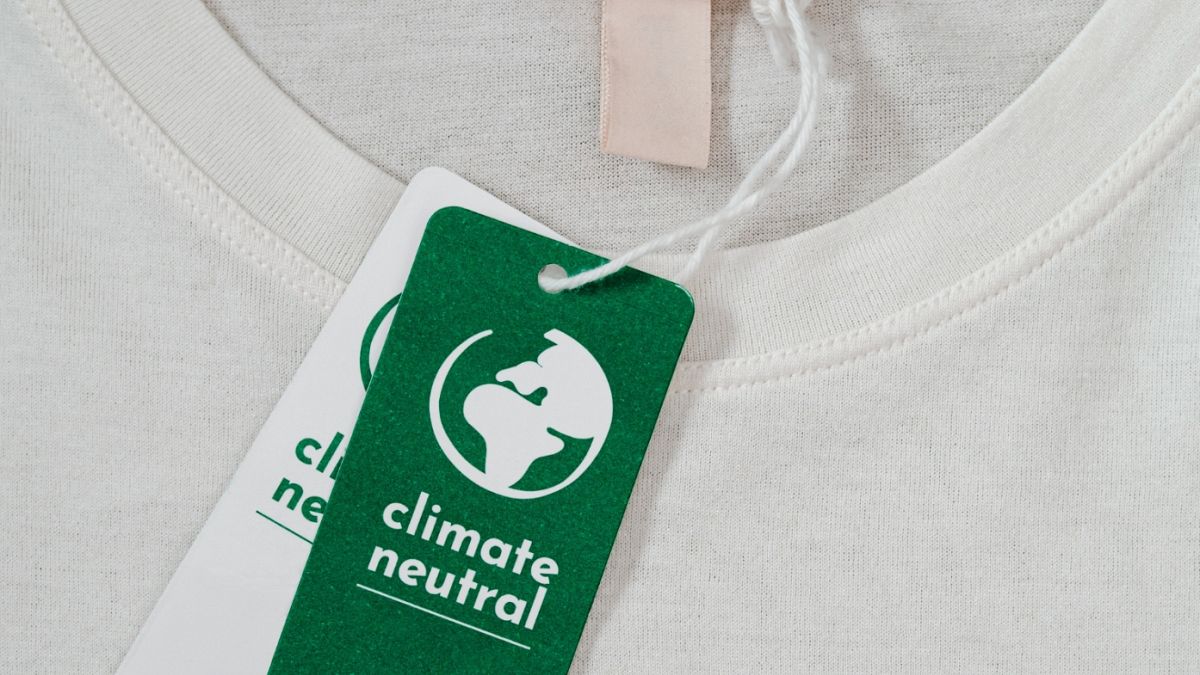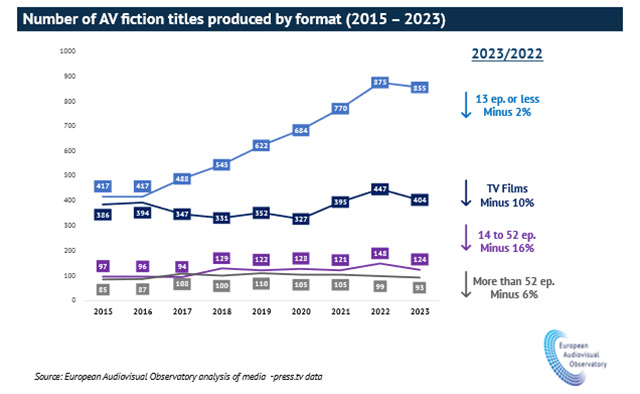Fashion
Top fashion brands vow to stop greenwashing following investigation

Three British brands have pledged to stop greenwashing practices – but will others across Europe follow suit?
After being investigated for greenwashing, three of the UK’s biggest fashion brands have signed a pledge to use only “accurate and clear” sustainability claims.
Budget brands Asos, Boohoo and George at Asda all have footholds of varying sizes across Europe. Going forward, they say they will change the way they present the environmental impact of their clothes.
That action comes after the Competition and Markets Authority (CMA) regulatory body probed the brands for misleading customers with their green claims.
How will greenwashing be stamped out in the fashion industry?
After spending almost 30,000 hours and £1.3 million (€1.5m) on greenwashing probes since September 2021, the CMA is determined to make businesses lay bare the truth behind their practices.
The regulator explains that brands who continue to present their products as more eco-friendly than they are while refusing to provide further information not only distorts competition but is unfair on customers.
Many brands, including the three who have signed the pledge, have previously sold specific ranges as ‘eco-friendly’.
The CMA says the criteria for inclusion in such ranges must be clearly set out and spell out minimum requirements to qualify for inclusion. Saying something is ‘green’ when it is not should not be allowed, it says.
In 2022, the body launched an investigation into greenwashing in the three fashion firms. It did not bring any legal action but, instead, the companies agreed to a number of voluntary commitments and to report back to the CMA on their progress.
Each brand will now need to make clear what precise percentage of fibres used in their garments are recycled or organic. They’ll also have to avoid using imagery like green leaf logos, which are typically used to suggest a product is more environmentally friendly than it really is.
Speaking to the BBC, Asos claimed that these voluntary undertakings made by the three brands would “set a benchmark” for the industry.
“Sharing clear and accurate information on the sustainability credentials of fashion products is crucial to empowering consumers to make fully informed choices,” they said.
In the same interview, Boohoo said they had “not intentionally misled customers” and Asda insisted that they “support any measures aimed at improving consumers’ understanding of environmental claims.”
Do these greenwashing pledges go far enough?
This week, the CMA published an open letter to the wider fashion industry urging other companies to review their own environmental claims, while ensuring they comply with consumer protection laws.
Going forward, the body will be less accommodating if greenwashing rules are breached. With new powers soon to be installed via the Digital Markets, Competition and Consumers Bill, they will also be able to impose financial penalties of up to 10 per cent of a firm’s annual global turnover if they do not adhere to the guidelines, without going through the courts.
The EU has also banned greenwashing and has been taking action.
Earlier in March, the EU Green Claims Directive was passed, which means that firms across the block can be fined up to 4 per cent of their global turnover – and face director disqualification for greenwashing practices.
Speaking to Euronews Green, Abbie Morris, the CEO of AI compliance platform Compare Ethics, says the British and European approaches are a step in the right direction.
“This is a clear message from the CMA that businesses must thoroughly check their green claims to ensure accuracy and compliance. Failure to do so will result in tangible penalties for companies moving forward,” says Morris.
“It’s imperative for companies to get ahead and check their claims now to mitigate the substantial risks looming ahead,” she adds. “Those who are able to align their operations with clear commitments to environmental and social responsibilities are more likely to expand their customer base, drive long-term profitability, and protect themselves from regulations that would otherwise affect future trade.”
Compare Ethics also explains that the practice is incredibly far reaching and concerning – but that a fresh attitude could work wonders.
In exclusive data released by the platform, it’s likely that if even1 per cent of the greenwashing investigations across the UK, EU and US lead to fines this year, the total raised could be a staggering €418 million.










